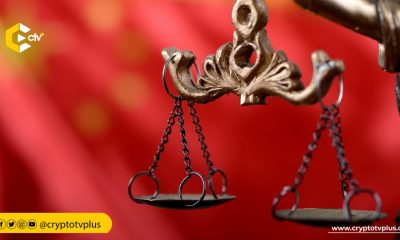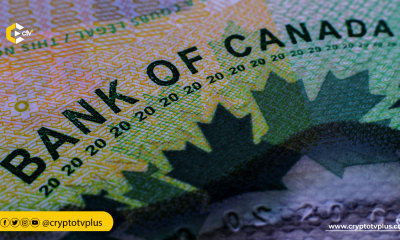News
China’s Digital Yuan comes with an expiration date

China is exploring expiration dates for its digital currency (CBDC), digital yuan, or DCEP, which means the currency would expire if not used within a given time period.
The move by China’s digital currency regulators is inspired by an unconventional monetary policy called Gesell currency: expiring money, which gives the issuing government a certain level of control over money velocity.
DCEP, is the digital version of China’s physical currency, The Yuan, and as such, it is regarded as legal tender in China, being issued by the country’s central bank.
In practice, the Central Bank could issue digital Yuan to commercial banks in place of physical currency and against equivalent cash or banks’ deposits at the central bank. The banks, in turn, would distribute the DCEPs to their customers, given that the customers have accomplished the required KYC due diligence. The PBoC or central bank can allow other intermediaries who can fulfill the same requirements.
As a digital currency, the digital yuan or DCEP would exist in digital wallets, in an app authorized by the central bank to be downloaded by users. According to current reports, it is still unclear if the app would require registration upon download. It is expected that the digital Yuan can be transferred from wallet to wallet, independent of banks or other intermediaries via the internet. Or near-field communication protocols.
Tied to real identities, the digital Yaun can be tracked by the central bank, and its goal is to be used by the consumer as a last resort. Domestic consumption plays a part in China’s economy, which grew by 18% last year. If domestic consumption can be tightly controlled, then it’s a way to increase the volume of consumption and control the variance of demand for the goods China produces.
However, it should be noted that digital currency is not yet live on any public ledger; it is controlled mainly by regulatory bodies and can be changed at the whims of political decisions. The central bank is not expected to act in the function of a peer-to-peer provider for the DCEP, but instead requires the use of officially regulated financial intermediation for the distribution of the digital version of its currency. .
Read also:
























